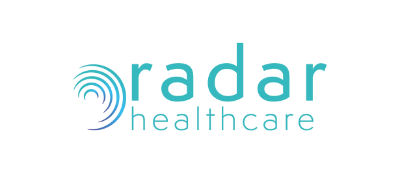Can a digital approach help to minimise the risk of clinical harm?
15 July 2019
The purpose of clinical harm reviews is to:
- Identify any harm which may have arisen as a result of delays in appointments and/or receiving treatment
- Ensure any harm is recorded and appropriate action taken
- Explore the root cause of the harm
- Implement change from lessons learned, minimising risk of recurrence
- Mitigate risks to patients that could occur in the future
The current clinical harm review process is a time-intensive process with:
- Reviews for admitted and non-admitted patients organised by longest waiters or those that have been flagged via an adverse event
- A significant time commitment from senior clinicians to review patient records, with little feedback on the impact of the reviews
- A manual process for tracking, usually managed by a governance team via spreadsheets with weekly status updates reported to consultants
There are several problems with this process including:
- Momentum waning – initial pace of clinical harm reviews slows down after a few weeks, when other tasks begin to take priority
- Significant costs are associated with clinical harm reviews (up to £100 per patient), plus there is an opportunity cost of clinical or innovation work that clinicians are not able to carry out
- The root causes of clinical harm and the processes to prevent them are often not addressed, resulting in new incidences of clinical harm occurring in ‘reviewed specialities’.
We believe there’s a better way!
Together with EY’s proven methodology, Radar Healthcare can deliver a digital approach to clinical harm reviews that provides:
Patient risk stratification
Preventative approach to risk through the stratification of patients by speciality, enabling you to identify trends around priority areas mitigating risk to patients early on i.e. treating patients with time-sensitive conditions.
Better use of clinical resource
Filtering review at the beginning of the process, pre-population of fields, and standardisation of approach, reduces the time per validation and the number required, reducing cost and clinician burn-out.
Electronic audit trail and reporting
A digital audit trail, logging each review and its associated actions, improving performance management, transparency and the quality of the reporting to enhance assurance to the Board and regulators.
Would you like to be part of this?
We’re looking to work in partnership with NHS Trusts to streamline Clinical Harm Review processes and deliver demonstrable improvements and benefits including:
- A simultaneous drive for improvement in patient safety and quality with demonstrable cost efficiencies for your Trust
- An emphasis on prevention through the positive use of digital technology in line with the NHS Long Term Plan
- A higher Digital Maturity Assessment score
- Realisation of significant improvements to your clinical harm review process with better patient outcomes
Call Paul Johnson today on 0330 223 2740 or contact us here for more information.
Radar Healthcare
Quality and compliance focused software that helps improve the delivery of health and social care, whilst helping you evidence effectiveness and continuous improvement. We know you aspire to be outstanding, so we help simplify the regulatory complexities you face, giving you more time to focus on delivering excellent care. Want to know more? Get in touch with us today, or book a demo of our software here.







